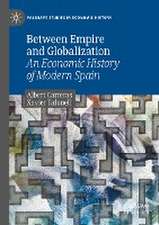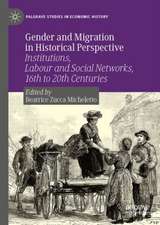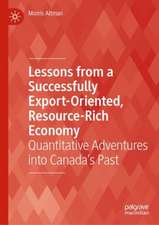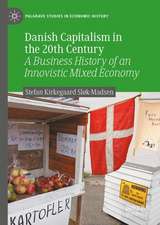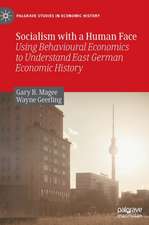Understanding Money: Philosophical Frameworks of Monetary Value
Autor Aditya Nain, P. G. Jungen Limba Engleză Hardback – 30 iul 2021
In contrast to the economic frameworks of "money", the volume examines philosophical discourses on money through conceptual frameworks that explain how monetary value manifests in various empirical monetary systems. It showcases how the increasingly abstract nature of the objects that stand proxy for money could be conceptualized ontologically, highlighting the predominance of digital money today, as well as contemporary monetary innovations such as cryptocurrencies like Bitcoin.
Provocative, yet grounded in a sound theoretical framework, this book will be of interest to scholars, students, and teachers interested in money or monetary value, across various domains and disciplines such as philosophy, economics, sociology, anthropology, finance, science, and technology studies, as well as the interested general reader.
| Toate formatele și edițiile | Preț | Express |
|---|---|---|
| Paperback (1) | 356.44 lei 6-8 săpt. | |
| Taylor & Francis – 30 iul 2021 | 356.44 lei 6-8 săpt. | |
| Hardback (1) | 1000.27 lei 6-8 săpt. | |
| Taylor & Francis – 30 iul 2021 | 1000.27 lei 6-8 săpt. |
Preț: 1000.27 lei
Preț vechi: 1219.84 lei
-18% Nou
Puncte Express: 1500
Preț estimativ în valută:
191.43€ • 197.75$ • 159.31£
191.43€ • 197.75$ • 159.31£
Carte tipărită la comandă
Livrare economică 26 martie-09 aprilie
Preluare comenzi: 021 569.72.76
Specificații
ISBN-13: 9780367199449
ISBN-10: 0367199440
Pagini: 144
Ilustrații: 1 Line drawings, black and white; 1 Illustrations, black and white
Dimensiuni: 156 x 234 x 10 mm
Greutate: 0.45 kg
Ediția:1
Editura: Taylor & Francis
Colecția Routledge India
Locul publicării:Oxford, United Kingdom
ISBN-10: 0367199440
Pagini: 144
Ilustrații: 1 Line drawings, black and white; 1 Illustrations, black and white
Dimensiuni: 156 x 234 x 10 mm
Greutate: 0.45 kg
Ediția:1
Editura: Taylor & Francis
Colecția Routledge India
Locul publicării:Oxford, United Kingdom
Public țintă
GeneralCuprins
1. Economics and the Philosophical Discourse on Money 2. On Conceptual Frameworks and the Role of a Philosophical Discourse on Money 3. Aristotle and the Philosophical Discourse on Money: Ethics, Politics and the Nature of Monetary Value 4. Objects, Money and the Grounds of Monetary Value 5. Money and the Modern Scientific Paradigm 6. The Political Economists, their Critics and the Long Shadow of Aristotle 7. The Traditional Paradigm of Monetary Value and the Philosophical Problems surrounding it 8. Moving Beyond the Substantive Framework of Monetary Value: Voices of Discontentment 9. Origin of Money: The Barter Narrative and the Credit theory of Money 10. Simmel and the Myth of Objective Truths Concerning Monetary Value 11. Money Is What Money Does 12. The constructivist paradigm: how are we to understand monetary value? 13. Substance and Relation: Two Sides of the Same Coin 14. Fleshing out the multi-categorical, constructivist framework for monetary value 15. Why a constructivist framework of monetary value?
Notă biografică
Aditya Nain is an investment consultant with expertise in North American and Indian investments and is visiting faculty for philosophy and logic at Symbiosis School for Liberal Arts and FLAME University. He has taught an undergraduate course on the Philosophy of Money since 2012 and holds a PhD on the topic from IIT Bombay. His ongoing research is focused on the conceptual understanding of money and value, including contemporary innovations such as Bitcoin and other cryptocurrencies.
P. G. Jung is Associate Professor of philosophy at the Department of Humanities and Social Sciences, IIT Bombay. His area of research and publications focus on the historical tracing of philosophical concepts and the problems concerning philosophy of language and values. His forthcoming monograph traces the different shades of the notion of autonomy in the Modern period and is to be published by the Indian Institute of Advanced Studies, Shimla.
P. G. Jung is Associate Professor of philosophy at the Department of Humanities and Social Sciences, IIT Bombay. His area of research and publications focus on the historical tracing of philosophical concepts and the problems concerning philosophy of language and values. His forthcoming monograph traces the different shades of the notion of autonomy in the Modern period and is to be published by the Indian Institute of Advanced Studies, Shimla.
Descriere
This book offers a novel understanding of money distinct from the dominant lens of economics through which it is usually observed. In contrast to the economic frameworks of ‘money', the volume examines philosophical discourses on money through conceptual frameworks that explain how monetary value manifests in various empirical monetary systems.
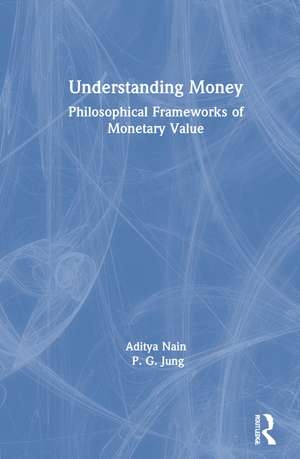
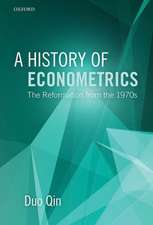
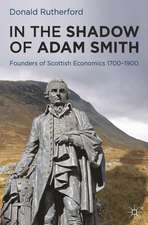

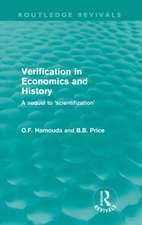



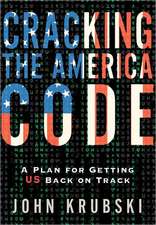
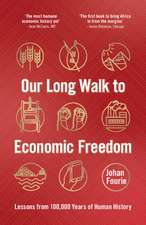

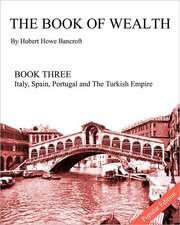

![Teach Your Kids about Countries [Vol3 ]: Version Adaptada Al Castellano Actual Por Rafael Antunez y Raul Alonso](https://i2.books-express.ro/bt/9781480268173/teach-your-kids-about-countries-vol3.jpg)
![Teach Your Kids about Countries [Vol8]: Version Adaptada Al Castellano Actual Por Rafael Antunez y Raul Alonso](https://i2.books-express.ro/bt/9781480268227/teach-your-kids-about-countries-vol8.jpg)
![Teach Your Kids about Countries [Vol13]: Version Adaptada Al Castellano Actual Por Rafael Antunez y Raul Alonso](https://i2.books-express.ro/bt/9781480268272/teach-your-kids-about-countries-vol13.jpg)
![Teach Your Kids about Countries [Vol 17]: Version Adaptada Al Castellano Actual Por Rafael Antunez y Raul Alonso](https://i2.books-express.ro/bt/9781480268326/teach-your-kids-about-countries-vol-17.jpg)
![Teach Your Kids about Countries [Vol 22]: Version Adaptada Al Castellano Actual Por Rafael Antunez y Raul Alonso](https://i2.books-express.ro/bt/9781480268371/teach-your-kids-about-countries-vol-22.jpg)
![Teach Your Kids about Countries [Vol 25]: Version Adaptada Al Castellano Actual Por Rafael Antunez y Raul Alonso](https://i0.books-express.ro/bt/9781480268401/teach-your-kids-about-countries-vol-25.jpg)


